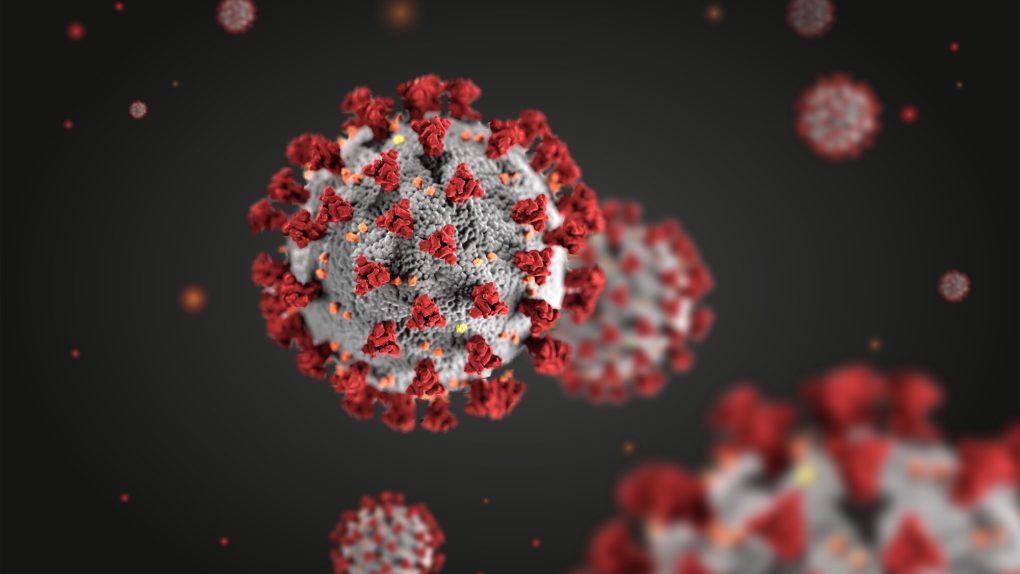- A doctor who suffered through the coronavirus cautions that it’s important to fight ‘pandemic fatigue.’
- Now that we’re about seven months into the pandemic, many people have become lax with respect to mask-wearing and following social distancing guidelines.
- As a result, the rate of new coronavirus cases in the U.S. hasn’t gone down at all since August.
The coronavirus is a particularly nasty virus that can put patients in so much pain and distress that some have said it feels like they’re on the cusp of dying. Just last week, for example, we highlighted how a 28-year old coronavirus patient named Chris Grailey likened the experience to “hell.”
“I can’t breathe, walk, move. I’m like a zombie,” Grailey explained.
Sadly, Grailey’s story is not uncommon. Though the coronavirus is more likely to impact individuals in their 70s, we’ve seen numerous instances where the coronavirus wreaks havoc on otherwise healthy individuals in their 30s and 40s.
To this point, Dr. Thomas Luft of Illinois recovered from the coronavirus a few weeks ago and detailed what he went through during an interview with TriStates Public Radio.
What’s interesting about Luft’s experience is that he didn’t have the most common coronavirus symptom — a fever. What’s more, Luft was relatively young — 44 — and was otherwise in good shape.
That notwithstanding, Luft said the experience was quite brutal and said it was “significantly worse than the flu.”
As part of the recovery process during his time in the hospital, Luft said he was extremely short of breath and required oxygen.
And in a scenario that is becoming more common, Luft has noticed some lingering side effects from the coronavirus even though he recovered weeks ago.
“I still get some minor shortness of breath,” Luft explained. “Obviously I’m back at work and doing typical things. But I still can’t exercise. I don’t have that energy level. I don’t have that tolerance yet.”
As we’ve detailed before, many coronavirus patients are noticing that some of their symptoms simply do not go away. According to a CDC report from July, some of the coronavirus symptoms liable to linger on the longest include fatigue, cough, congestion, dyspnea, loss of taste and smell, chest pain, and confusion.
What’s more, recent studies have found that some coronavirus survivors can exhibit lung and heart damage months later.
“I bring to your attention,” Dr. Anthony Fauci said while speaking before the Senate Health, Education, Labor, and Pensions Committee last month, “the fact that a number of individuals who virologically have recovered from infection in fact have persistent, measured in weeks to months of symptomatology that does not appear to be due to persistence of the virus. They’re referred to as long haulers.”
“We found to our dismay that a number of individuals who have completely recovered and apparently are asymptomatic, when they have sensitive imaging technologies, such as magnetic resonance, imaging, or MRI, have found to have a disturbing number of individuals who have inflammation of the heart,” Fauci added.
Returning to Luft, the doctor offered up some advice as the country remains in a struggle to prevent the coronavirus from spreading further:
We should have that diligence, like we had in the beginning And it’s something that I think we all need to fight–that pandemic fatigue–and do take it seriously. A lot of people do OK with it. It’s easy to look in the media and say, it’s not as bad. But there’s no telling. It could be anybody who has an experience like I did and got really sick.
And diligence, of course, means healthy hand hygiene, mask-wearing, and adhering to social distancing guidelines.
Incidentally, Luft’s advice is similar to the advice Health and Human Services Secretary Alex Azar relayed last week.
“We’re in an enduring pandemic and what’s really important is that we not let down our guard as individuals,” Azar said. “Because we saw that in the South and Southeast after Memorial Day week, we saw a consistent uptick in cases, regardless of when States had reopened or even if they had reopened. It was because of individual behaviors. We’ve all got to be vigilant because we’re in a bridge period.”








